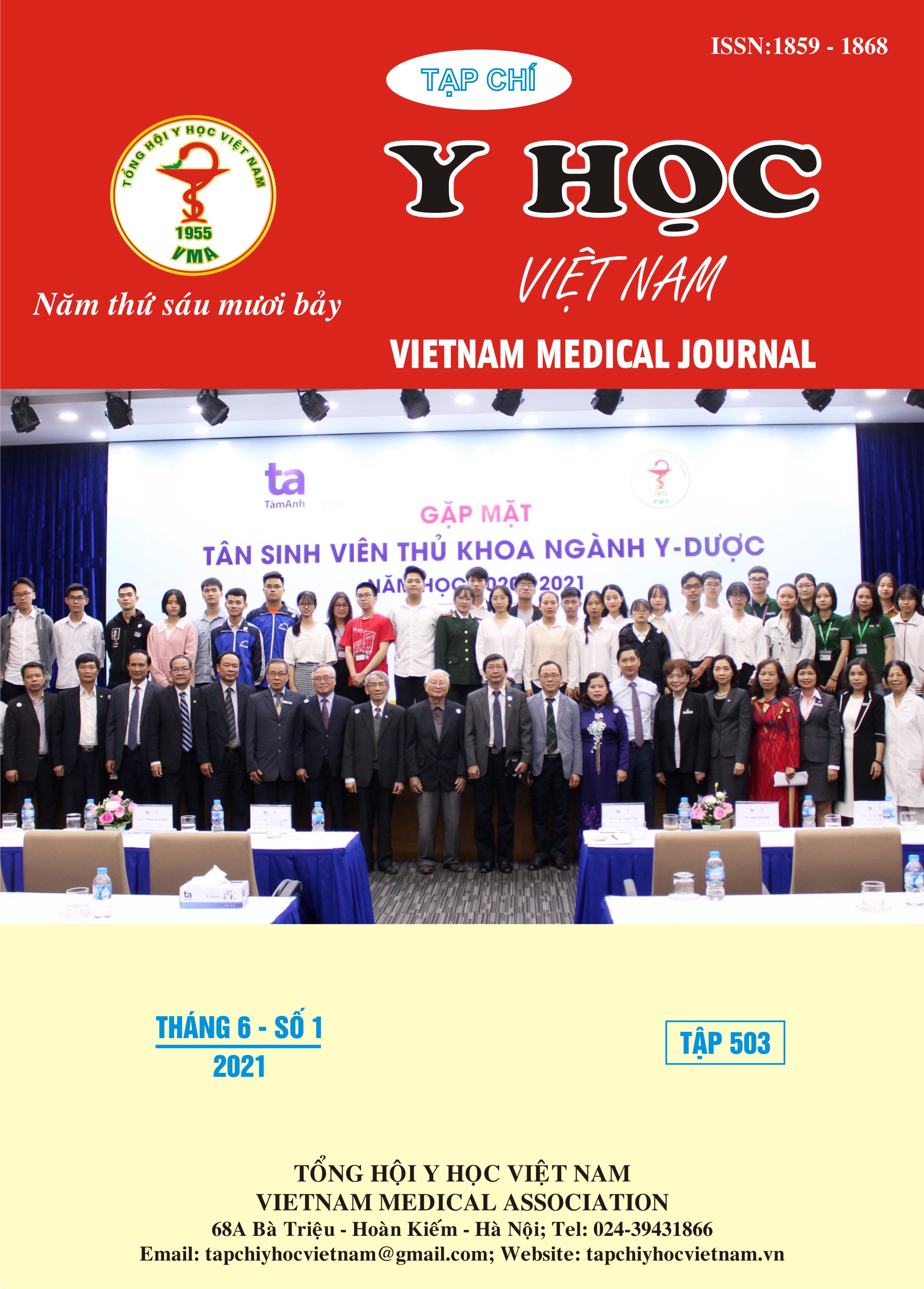STUDY ON EXPERIMENTAL ANTI-ALLERGIC EFFECT OF ANTI ECZEMA CAPSULES
Main Article Content
Abstract
Objectives: To evaluate the anti-allergic effect of anti eczema capsules in rats. Subjects and methods: Anti eczema capsules (made from the vicous extracts of the traditional decotion, which includes: Caulis cum folium Lonicerae, Cortex Oroxyli, Flos Styphnolobii japonici imaturi, Fructus Xanthii strumarii, Folium Excoecariae, Cortex Phellodendri) were evaluated the antiallergic effect (anti itchines and acute inflammation) in model allergic rat caused by compound 48/80. Results: At the doses of 0.6g/kgBW (equivalent to the clinical dose) and 1.8g/kgBW (three time of clinical dose), anti eczema capsules showned that have good activities in anti allergic by reduce the itchiness and imflamation action (p<0,05). Conclusion: anti eczema capsules have antiallergic effect on experimental model rats.
Article Details
Keywords
anti eczema capsule, anti allergic, anti imflamtion
References
2. Nguyễn Mạnh Tuyển và cs (2016), “Đánh giá tác dụng chống sốc phản vệ và chống ngứa của cao đặc EZ trên thực nghiệm”, Tạp chí dược học, 485, tr. 59-62.
3. Nguyễn Mạnh Tuyển và cs (2017) “Đánh giá tác dụng chống viêm dị ứng, và làm bền tế bào mast của cao đặc EZ trên thực nghiệm”, Tạp chí Y học Việt Nam, 445, tr 200-203.
4. Nguyễn Mạnh Tuyển, Hà Vân Oanh, Phạm Thái Hà Văn, “Đánh giá độc tính cấp và bán trường diễn của viên nang hỗ trợ điều trị eczema”, Tạp chí Y học Việt Nam, 481 (1), tr. 51-56.
5. Lu H. (2015), “Study on the isolation of active constituents in Lonicera japonica and the mechanism of their anti-upper respiratory tract infection action in children”, African health
sciences, 15 (4), pp. 1295-1301.
6. Peng W., Ming Q., Han P., (2014), “Anti-allergic rhinitis effect of caffeoxyl xanthiazonosid isolated from fruits of Xanthiumstrumarium L. in rodent animals”, Phytomedicine journal, 21 (6), pp. 824-829.
7. Shiraishi M., Miyamoto A. (2016) “Antagonistic Effects of Gingko biloba and Sophora japonica on Cerebral Vasoconstriction in Response to Histamine, 5-Hydroxytryptamine, U46619 and Bradykinin”, The American journal of Chinese, 44 (8), pp. 1607-1625.


